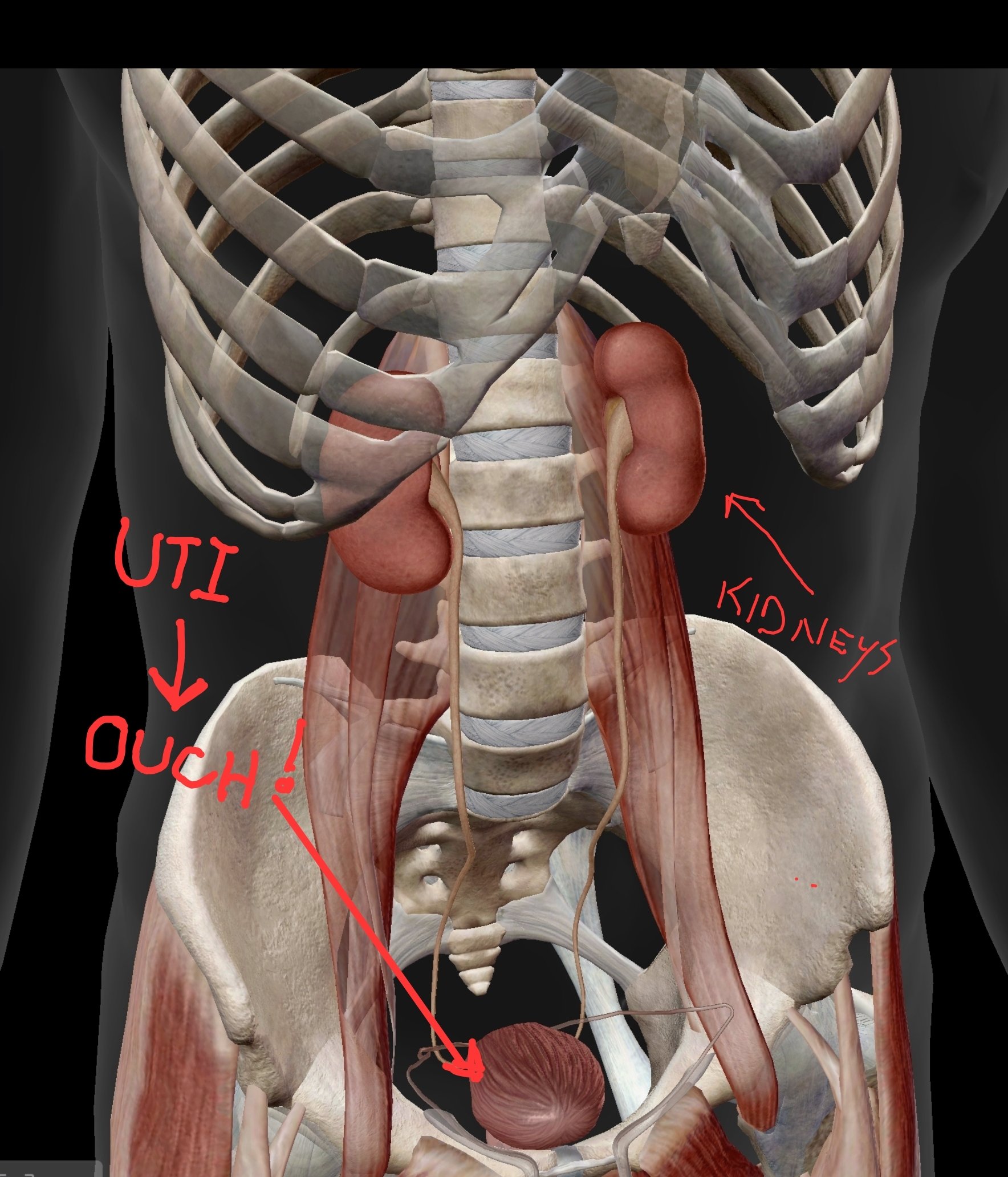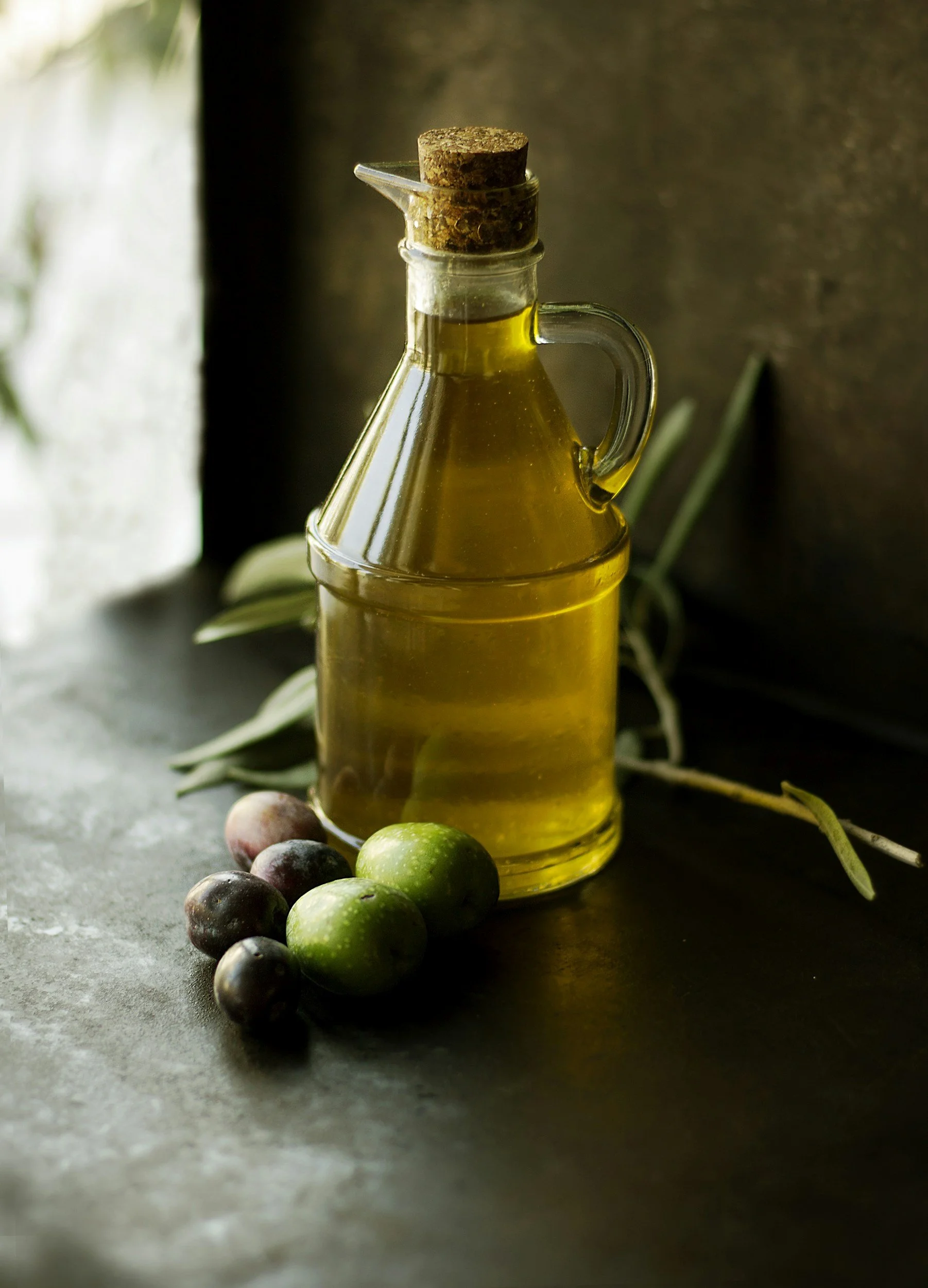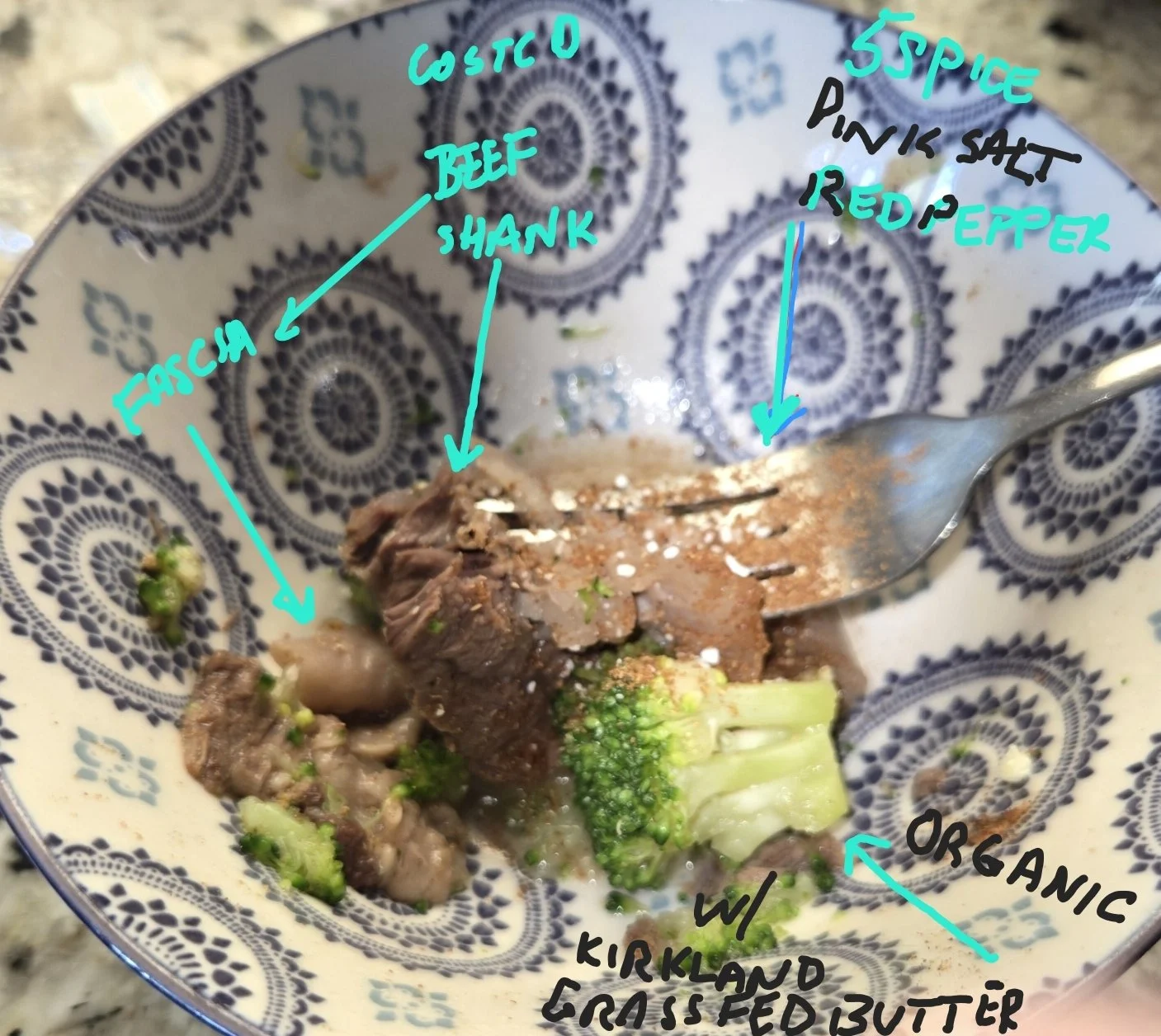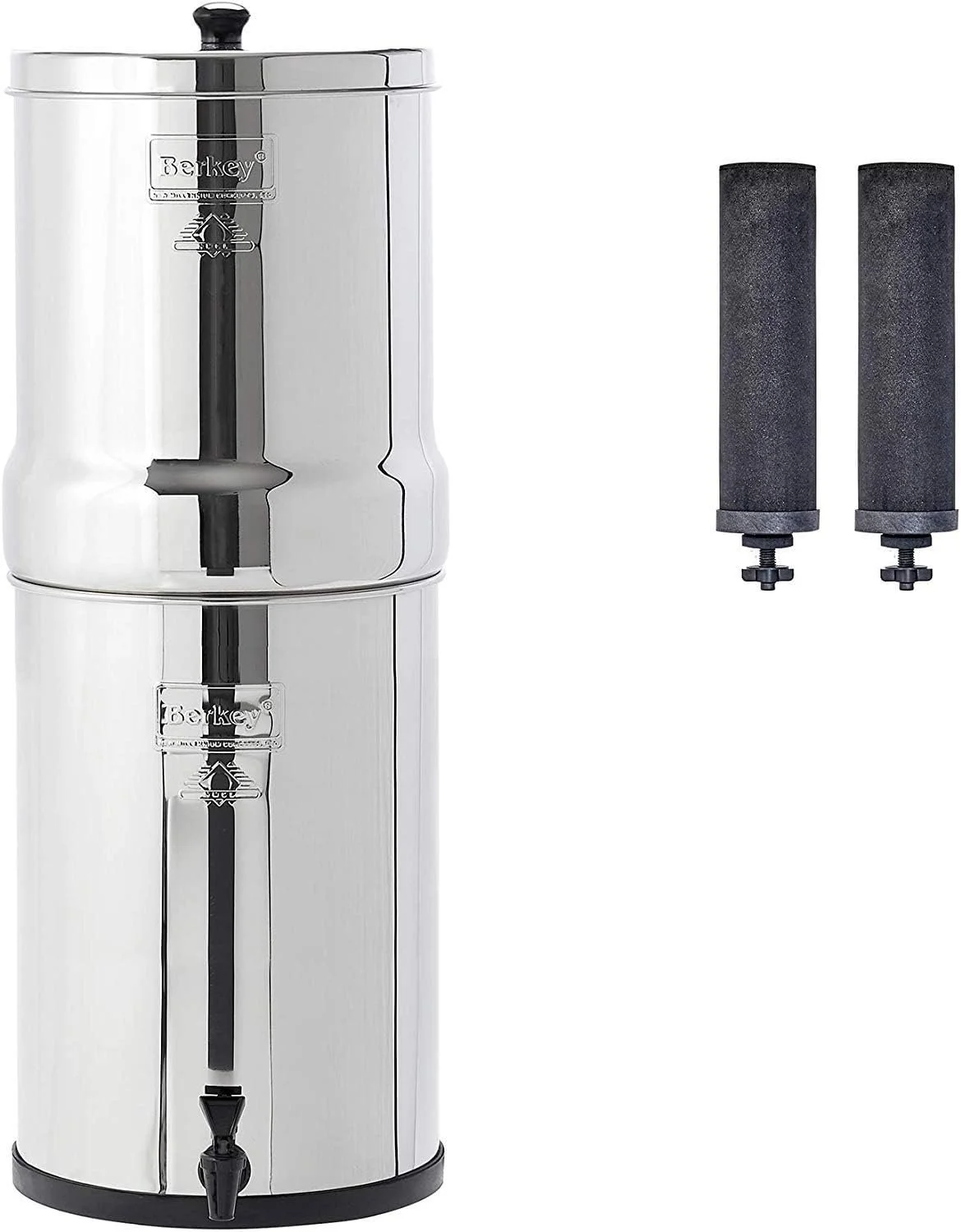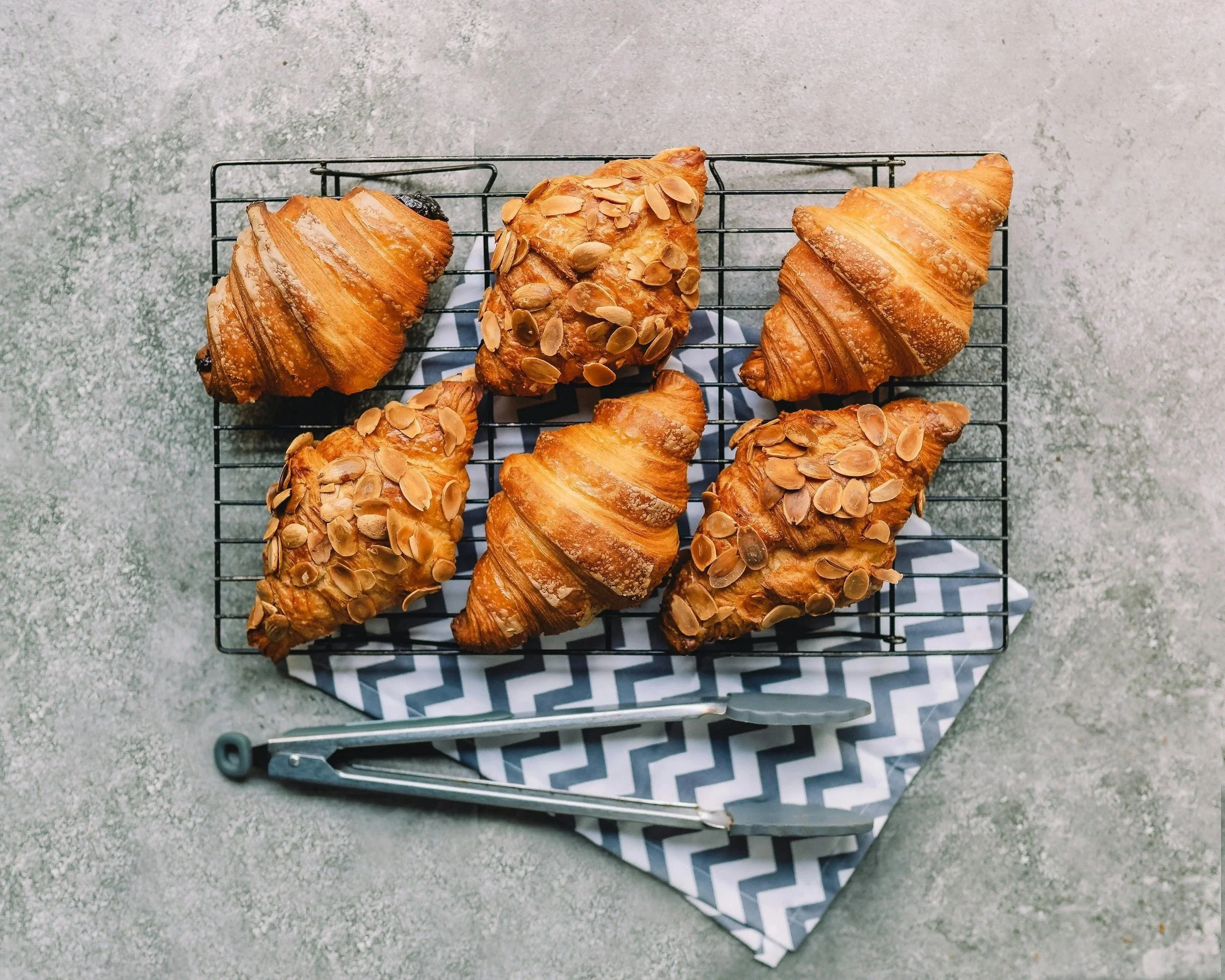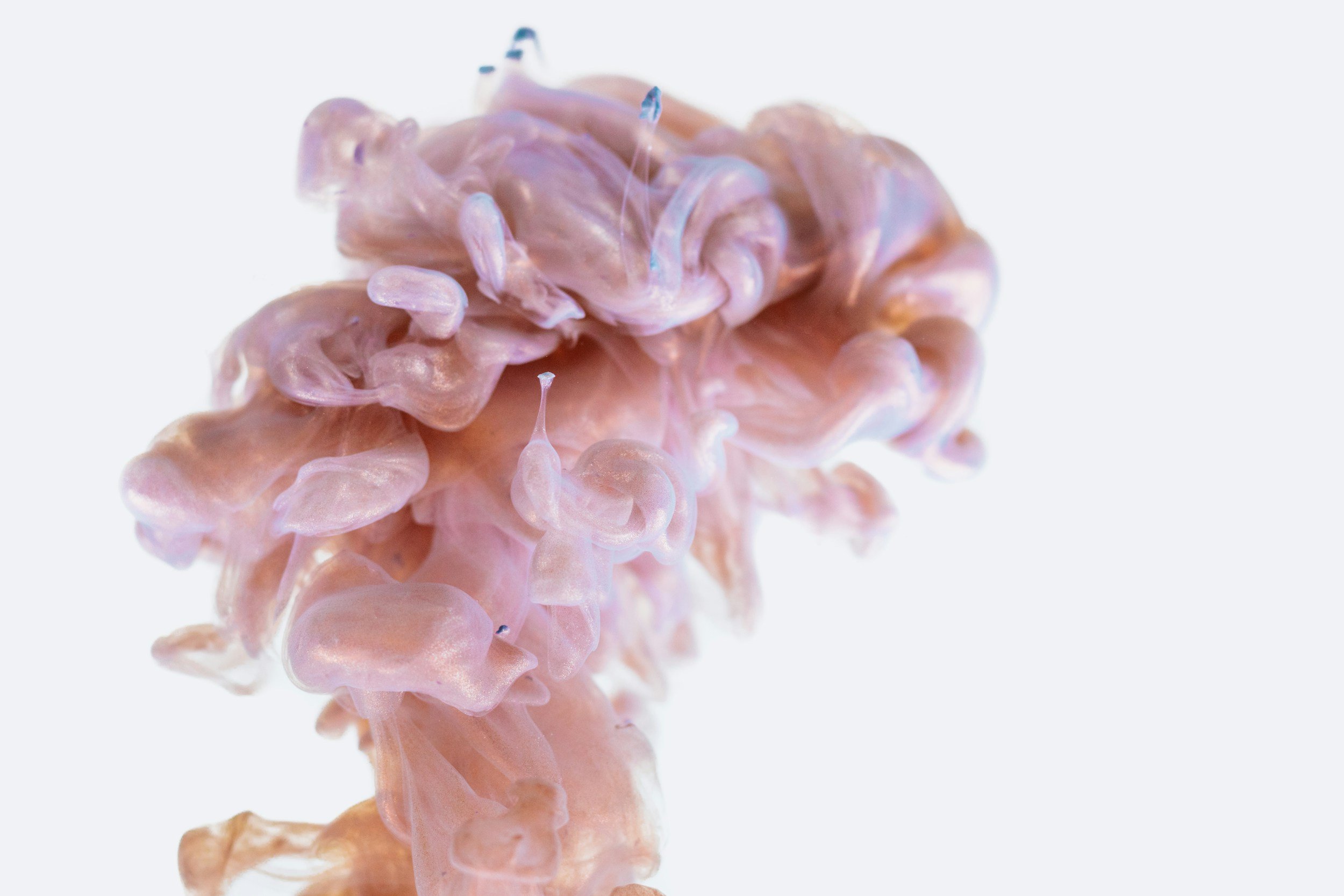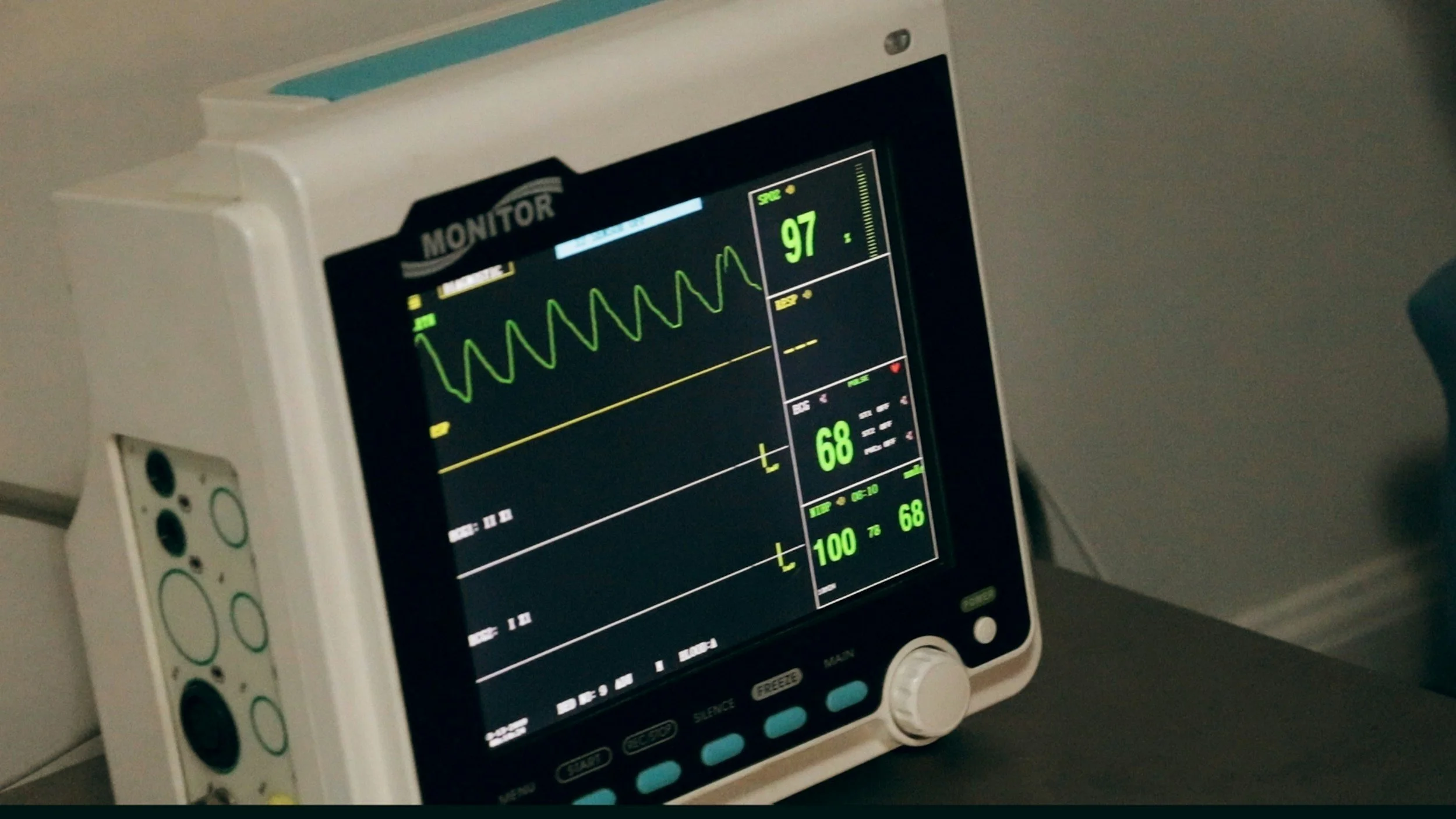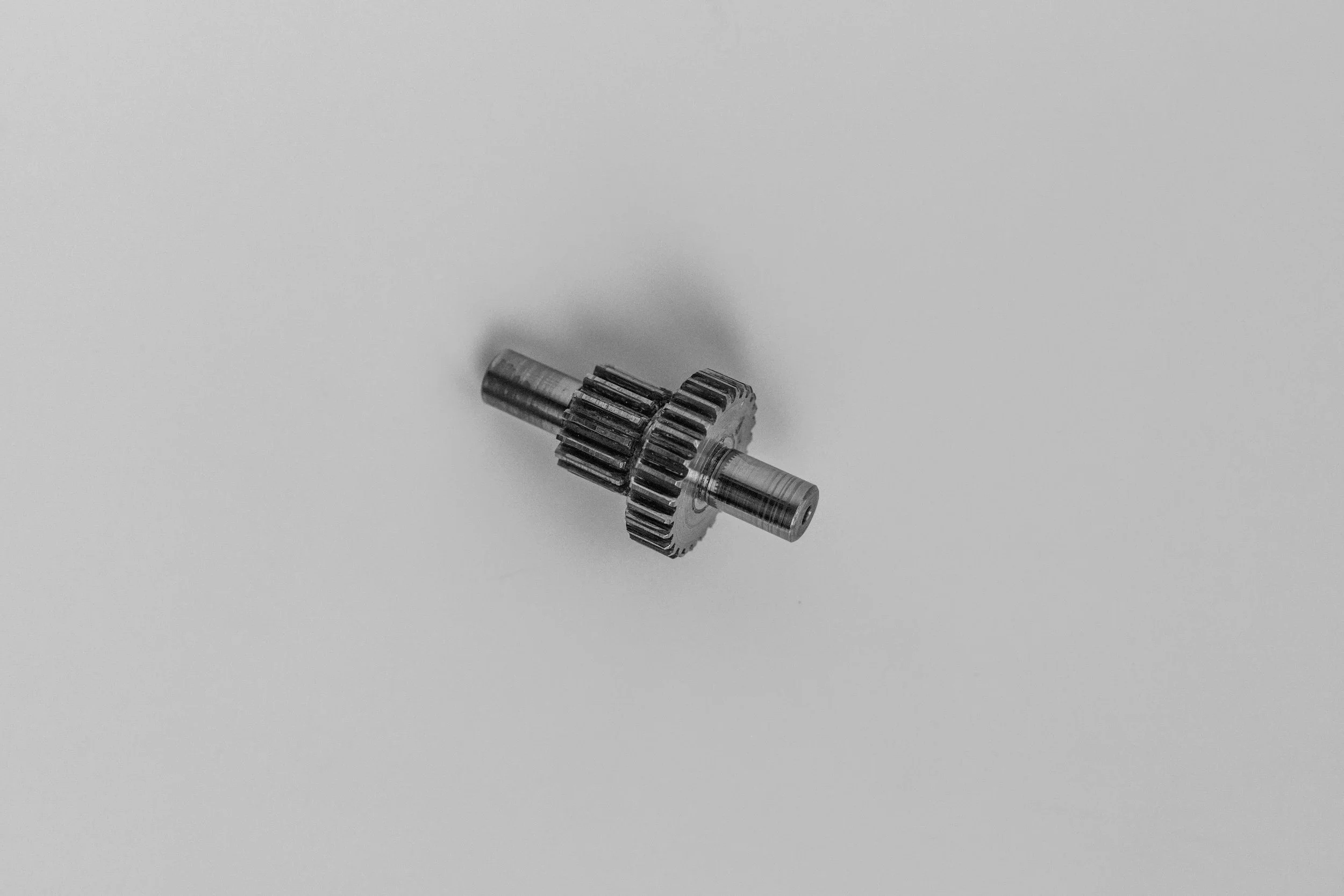Painful UTIs and What To Do About Them!
/URINARY TRACT INFECTION
Lifestyle Recommendations:
• Stay well-hydrated to facilitate the flushing out of bacteria from the urinary system.
• Urinate at the moment of urging; do not delay as it may increase the risk of bacterial overgrowth.
• Urinate and wash before and after sexual intercourse.
• Practice good personal hygiene and cleanse genitalia daily.
• Women should abstain from the use of douches, hygiene sprays, and scented powders. Instead use pure, unscented soap and water.
• Wear cotton underwear; avoid underwear of silk, polyester, and other lighter material.
• Avoid wearing thongs and tight-fitting pants/underwear on a regular basis.
• Avoid sitting for long periods of time; take a break and move/walk after a couple of hours.
Dietary Tips and Caveats:
• Avoid all sugars - like high fructose corn syrup and white flour products. As well as refined, high-glycemic, carbohydrates, including cereals and pasta.
• Drink plenty of filtered water.
• Avoid dehydrating beverages such as alcohol, caffeinated coffees, and soft drinks.
• Drink 3-4 glasses per day of unsweetened cranberry juice mixed with water if under 40 years of age (women over 40 may experience bladder irritation from cranberry juice).
• Get a balance of omega-3 fats (salmon, mackerel, herring, sardines) and omega-9 fats (olive oil, olives, almonds, hazelnuts, and avocados).
Supplement Recommendations (Designs for Health):
Homeopathic: E. Coli is the common culprit. Our office has this Remedy to specifically target E. Coli.
Probiophage DF™: 1- 2 capsules per day with breakfast
UT Synergy™: 2 capsules, 3-4 times per day at the onset of symptoms
Silvercillin™ Liquid: 1 TBSP, 2 times per day
For Severe Acute Infections:
UT Intensive™ Chewables (D mannose and Cranberry): 2 chewables, 2 times per day
As part of a maintenance dose in recurrent UTIs:
UT Intensive™ Chewables (D mannose and Cranberry): 1 chewable per day along with UT Synergy™
**If significantly elevated temperature, flank pain, and/or severe burning on urination develop, or if infection persists past several days, a full medical evaluation should be performed and antibiotic therapy considered.
Other Natural Remedies (If you want to purchase these on your own):
*Remember: High Quality Supplements = Greater Results! Don’t skimp on getting the cheapest supplement. You get what you pay for!
Cranberry Extract: Cranberry supplements or cranberry juice are often mentioned as a potential preventative measure for UTIs. Some studies suggest that cranberry may help reduce the risk of recurrent UTIs by preventing bacteria from adhering to the urinary tract lining.
D-Mannose: D-Mannose is a type of sugar found in cranberries and other fruits. Some people use it as a supplement to help prevent or alleviate UTIs. It is believed to work by preventing bacteria from adhering to the urinary tract lining.
Probiotics: Probiotics are beneficial bacteria that can help maintain a healthy balance of microorganisms in the gut and urinary tract. Some research suggests that certain probiotic strains may be useful in preventing UTIs.
Vitamin C: Vitamin C may help acidify the urine, making it less favorable for the growth of bacteria. It's not a direct treatment for UTIs but can potentially support urinary tract health.
Dandelion Root: Dandelion root is sometimes used in herbal remedies for urinary tract health. It is believed to have diuretic properties and may help flush bacteria out of the urinary tract.
Garlic: Garlic is known for its potential antibacterial properties and immune system support. Some people use garlic supplements as a natural remedy, but more research is needed to establish its effectiveness for UTIs.
Kimchi: Kimchi has a ton of immune-fighting properties. It’s an acquired taste! Be prepared to have a potential garlic smell! Painful UTIs can be harmful to kidneys so you will do what it takes!

